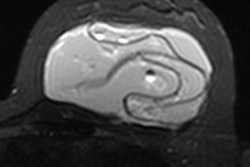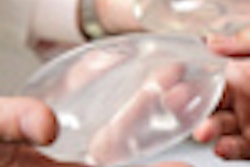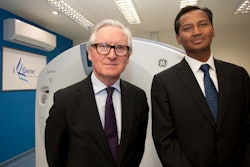Medical devices consulting company Quality First International said that its analysis of Swedish test reports of silicone breast implants from Poly Implant Prosthèse (PIP) showed a tendency toward protectionism and conclusions that weren't fully supported.
The report from Quality First reviewed a series of four test reports produced by Swedish regulatory authority Läkemedelsvertet (LMV) related to PIP silicone breast implants on the Swedish market. The research sought to determine if science supported LMV's conclusions and inferences of association and causation, particularly relating to the shift in policy and advice to women and health service promulgated by the LMV, according to the company.
Quality First found that the evidence available to the LMV varies in completeness and detail, particularly regarding epidemiology, "which is exceedingly patchy," according to the company. While the scientific method applied by LMV was of high standard, statistical relevance of samples tested is questionable and certain errors in data analysis were evident, the firm said.
"As with other Competent Authority analyses of this long-running scandal, there seems to be a tendency toward protectionism supporting less than fully supported conclusions," report author Haroon Atchia said in a statement.



















